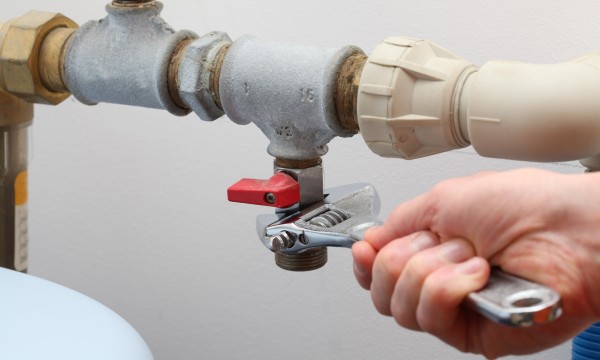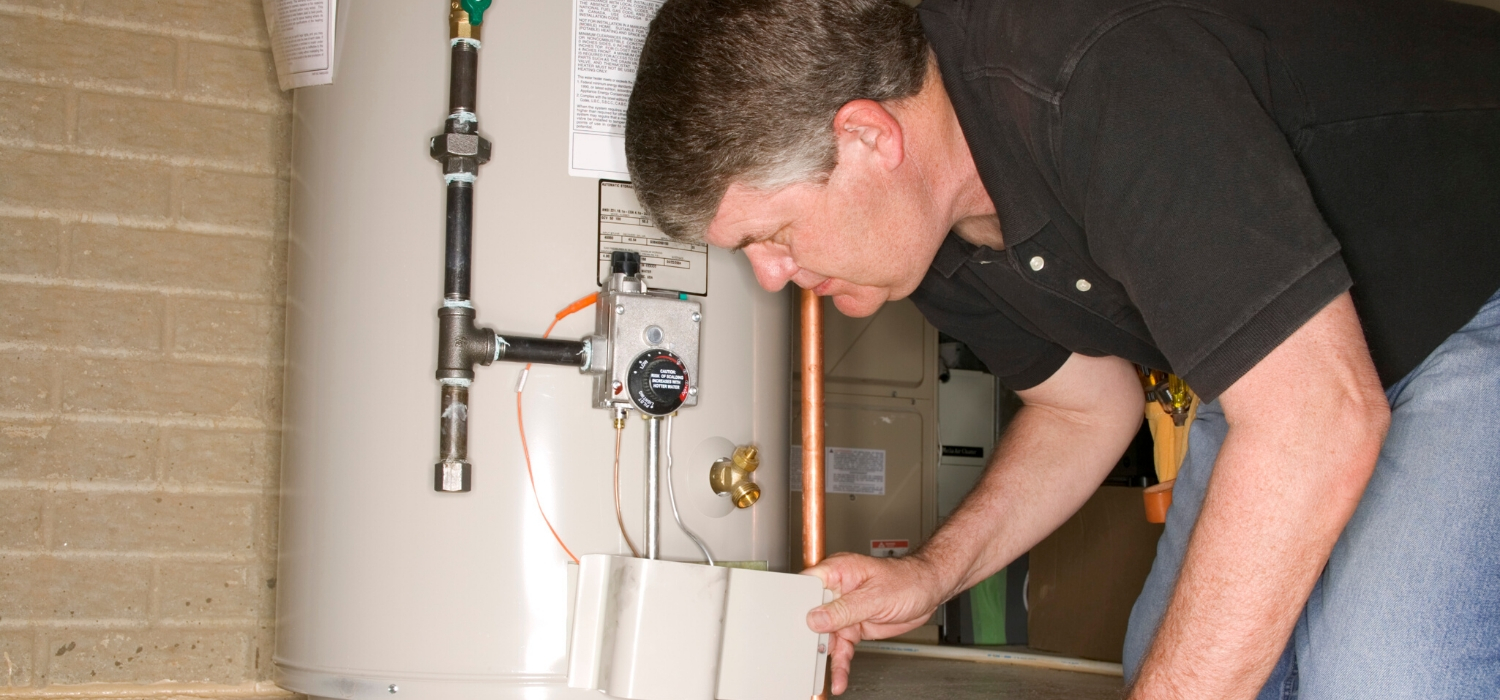The article author is making a few good observations regarding Warning Signs You Need Water Heater Repairs as a whole in the content just below.

A water heater is among one of the most essential fundamental home appliances that can be located in a home. With water heaters, you do not require to experience the stress of home heating water by hand every single time there is a requirement to wash, wash, or the recipes. Nonetheless, there is always a possibility that your hot water heater would certainly break down just like a lot of mechanical devices.
It is essential to note any kind of little malfunction and also tackle it promptly prior to points leave hand. The majority of times, your water heater starts to malfunction when there is a build-up of sediments as a result of continuous usage. As a preventative measure, regular flushing of your hot water heater is suggested to stop debris build-up and stop functional failing.
Typical hot water heater emergencies as well as how to handle them
Dripping hot water heater container.
A leaking tank could be a sign of rust. It could trigger damage to the flooring, wall surface and also electric gadgets around it. You might even go to risk of having your house flooded. In this situation, you ought to switch off your water heater, enable it to cool, as well as meticulously seek the resource of the trouble. Sometimes, all you need to do is to tighten a couple of screws or pipeline connections in cases of minor leakages. However if this doesn't function as well as the leak continues, you might require to utilize the solutions of a professional for a proper substitute.
Rising and fall water temperature.
Your water heating system might start creating water of various temperature levels typically ice cool or scalding warm. There might be a demand to change either the home heating or the thermostat device of your water heating system.
Too little hot water
Taking care of an insufficient supply of warm water can be aggravating. It might be that the water heater can not support the hot water demand for your home. To manage this problem, you might try to adjust your heating unit's temperature level dial and also await a couple of mins. If the issue continues, you can request the help of a professional plumber. You might upgrade your water heating unit to one with a larger capability.
Discolored or odiferous water
You need to understand if the issue is from the storage tank or the water source when this happens. If there is no funny scent when you run cold water, then you are specific that it is your hot water heater that is damaged. The odiferous water can be brought on by corrosion or the build-up of germs or sediments in the water heater tank. You can attempt flushing out your storage tank or replacing the anode if the trouble persists as soon as you discover this. The feature of the anode is to clean germs from your container. Because the anode rod substitute needs a detailed knowledge of your water furnace, you will certainly need the help of a specialist.
Final thought
Some home owners ignore little caution as well as minor faults in their hot water heater unit. This just brings about additional damage and a feasible total breakdown of your home appliance. You must manage your hot water heater mistakes as soon as they come near prevent more expenses and also unneeded emergency difficulties.
With water heating systems, you do not require to go via the anxiety of heating water manually every time there is a requirement to take a bath, do the laundry, or the dishes. Your water heater can begin producing water of different temperature levels usually ice cool or hot warm. It might be that the water heater can not sustain the hot water need for your apartment. If there is no funny scent when you run cold water, after that you are particular that it is your water heater that is malfunctioning. The stinky water can be created by rust or the build-up of microorganisms or sediments in the water heating system storage tank.
Water Heater Burst: Why This Happens And What To Do Next
Water Heater Explosion Warning Signs
Since storage water heaters are made of metal and store large volumes of heated water, they carry an increased risk of leaking or even exploding as they begin to rust at the fittings and seams over time. If the thermostat controlling the water temperature within the tank is faulty, or if mineral buildup inside the water heater prevents the thermostat from sensing the water’s temperature correctly, the water could become overheated. This will expand its volume within the tank, causing it to press at the tank’s fittings and seams. If these fittings and seams are rusted or corroded, the pressure could result in a leak or even an explosion.
Here are some risk factors and warning signs of an increased risk of water heater leak or explosion:
Your water heater is more than 10 years old. Your water heater makes clanking, banging or rumbling noises as it heats up, indicating that sediment has built up and hardened inside the tank. There is visible rust on the outside of the water heater, especially located at the pipe fittings or the seams that run down the tank. There is rusty water coming from your water heater, indicating that there may be rust building up inside. Your water heater is leaking, which could indicate either a crack somewhere in the tank or a malfunctioning temperature-and-pressure (T&P) relief valve. What To Do When Water Heater Leaks
If you find water dripping or seeping out of your water heater, or pooling around it, it means your water heater is leaking. If you find a leak, it may be best to call a plumbing professional to diagnose the problem and determine how best to handle it. If you choose to tackle it on your own, there are a few things you can do.
TURN OFF THE POWER
Next, shut off the power to the hot water tank at your home’s electrical breaker box. If you don’t shut off the power, the heating elements within the tank could continue to stay hot, which could pose a fire risk.
If you have a gas-powered water heater, you’ll also need to shut off the gas line leading into the tank.
FIND THE LEAK
Now it’s time to determine where the leak is coming from. Likely locations are the T&P valve, the drain valve or one of the pipes or fittings that feed into the top of the tank. If you see any rust or corrosion on the outside of your water heater’s tank, pipes or fittings, these could also be the source of the leak.
REPAIR THE LEAK
Once you determine the source of your water heater leak, you’ll have a better idea of what steps you need to take to fix the problem. It may be a simple fix—such as using a wrench to tighten fittings or replacing the T&P valve—but it may be something more complicated. You may even need to drain the tank, remove the water heater and install a new one.
https://www.abchomeandcommercial.com/blog/water-heater-burst/

As a fervent person who reads on The Importance of Water Heater Maintenance, I figured sharing that excerpt was worthwhile. Do you know somebody else who is involved in the topic? Why not share it. Thanks a lot for your time. Please check our site back soon.
Click Here To Read More